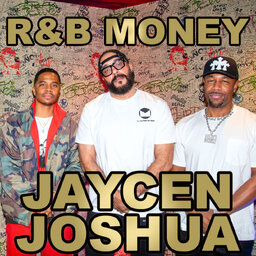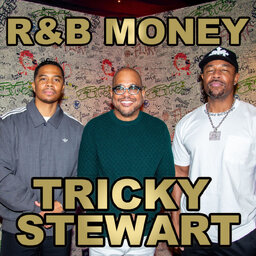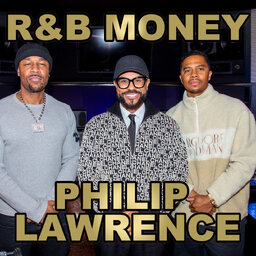Tiffany Red
On this week's episode of the R&B Money Podcast, Tank and J Valentine welcome a true musical powerhouse, Tiffany Red. This Grammy award-winning writer takes us on a captivating journey as she unveils the remarkable transformation of her heartfelt poems into soulful melodies.
With an unwavering passion for Omarion's music, Tiffany dove deep into the album credits and discovered that her favorite record was produced by none other than the talented Underdogs. Fueled by determination, she embarked on an emailing spree until she secured a coveted spot as a writer under their umbrella.
But Tiffany's story doesn't end there. She has emerged as a prominent figure on the forefront of the music industry, tirelessly advocating for fair compensation for all session writers. Partnering with influential figures like Big Jon Platt and Sony, Tiffany and her group, the 100 Percenters, are revolutionizing the game.
Prepare to be inspired as you tune in to the R&B Money Podcast and join us in experiencing the remarkable journey of Tiffany Red.
Extended Episodes on YouTube:
https://www.youtube.com/RnBMoneyPodcast
Follow The Podcast:
Tank: @therealtank
J Valentine: @JValentine
Podcast: @RnbMoneyPodcast
 R&B Money
R&B Money


